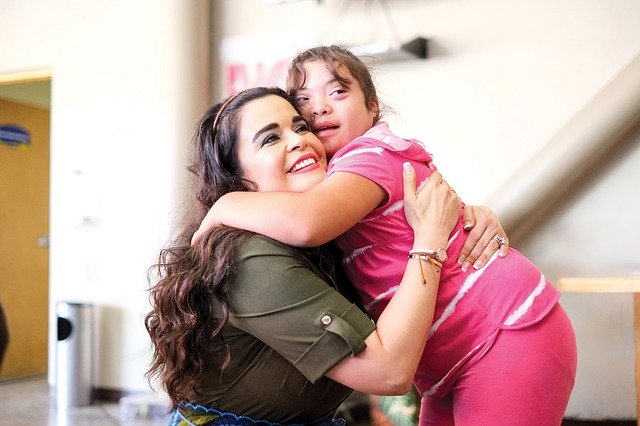How Do You Get Paid Parental Leave if You’re Self-Employed?
Image by Ernesto Eslava from Pixabay
Paid parental leave is one of the main perks that self-employed people miss out on…or do they? Actually, if you’re self-employed, you can still obtain paid parental leave with an insurance policy. The process differs for those who have employees and those who don’t. However, in both cases, you can still collect paid parental leave by taking the appropriate steps.
What’s Paid Parental Leave?
Before going too in-depth to the specifics about signing up for paid parental leave, it helps to know first exactly what it is. Under the Family and Medical Leave Act (FMLA), certain employees are able to take up to 12 weeks off a year to care for their child, a family member, or for their own health needs.
Once they are finished with their leave, they may return to their position at the same wage and without any penalties. Parents must use this within 12 months of the birth of their child, after which this amount expires and the amount they may take is renewed for another 12-month cycle.
Who Qualifies for Paid Family Leave?
Not all employees will qualify for a leave of absence under the FMLA. The qualifications for employees who do receive coverage under FMLA are as follows:
- Employees who have worked for at least 12 months for their current employer
- Employees who have worked for at least 1,250 hours according to Fair Labor Standards Act (FLSA) principles in that time.
- For a location that employs 50 or more people within a 75-mile radius.
These are the minimum qualifications necessary for someone to have the legal protections for vacation as guaranteed by the FMLA, but it’s still possible for people who do not meet these conditions to take advantage of it.
How Can the Self-Employed Get Paid Parental Leave?
Business owners can still qualify for parental leave, but the steps they must take vary depending on if they’re self-employed or if they have employees. The process is much simpler for those who are self-employed. In this case, a business owner would simply take out an insurance policy and submit forms for both themselves and as an employee covering their condition, which would be considered a disability. While this won’t allow them to take the full twelve-week, this can still allow self-employed people to take six weeks off with pay, and sometimes more if they have a C-section.
State Benefits
Some states, including New York, Washington, New Jersey, Rhode Island, and Washington D.C. offer state programs that allow freelancers and independent contractors to take advantage of paid parental leave. However, each has specific residency requirements that can be quite lengthy, so you’ll want to check each before trying to take advantage of a particular program.
Birth Injury Settlement
Another source of income you may be able to benefit from is a legal settlement. If you have been unable to return to work because your baby was injured at birth through an act of medical malpractice, you may want to file a lawsuit. To learn more about how you can seek legal counsel, click here.
A lawsuit can help you cover bills like medical expenses, lost wages, and diminished earning power over the life of your child’s career or your own. You may also be able to collect for pain and suffering and emotional anguish that you and your child faced. An experienced birth injury lawyer can handle your case for you should you or your child suffer from a birth injury. Getting started on this today is vital if you need to build a case after suffering from an injury during childbirth.

